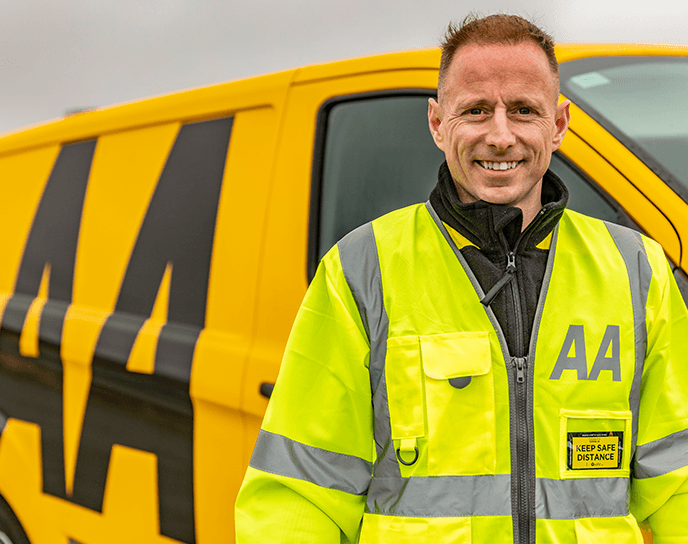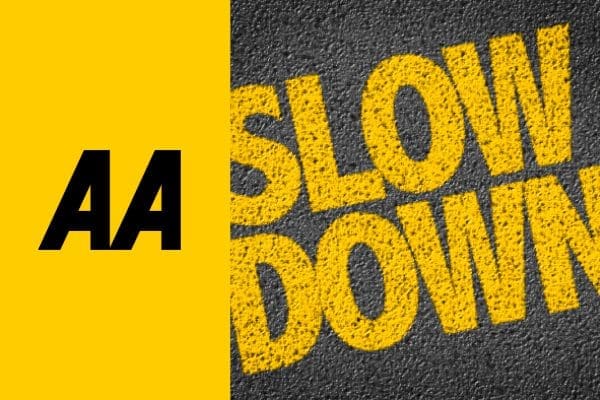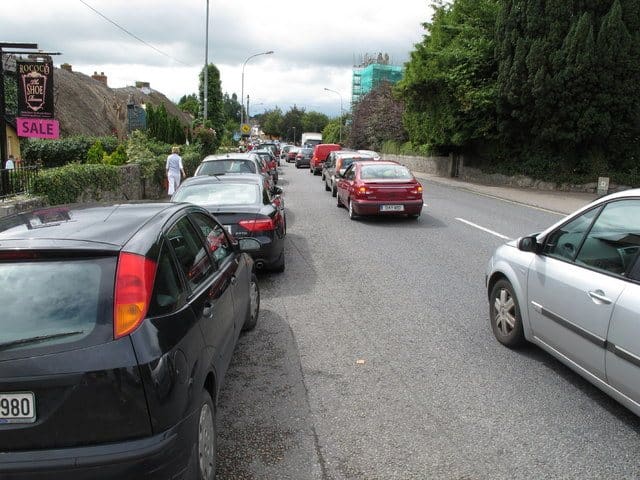From April 2017 Gardaí will be provided with new technology to carry out roadside drug testing, as part of an effort to improve road safety. As part of the new measures motorists will now be tested for a variety of illegal and prescription drugs which could negatively impact on the ability to drive. Below we address some of the major questions which have emerged following the announcement.
Why are these tests being introduced now?
The idea of roadside drug testing isn’t new, having been proposed several times in recent years, but the absence of reliable technology meant such testing was difficult to carry out. With satisfactory technology now in existence to allow Gardaí to carry out roadside tests using a saliva sample Ireland is following in the footsteps of countries such as France and Australia in introducing such tests.
Were Gardaí not able to test for drugs before this?
Gardaí already have the authority to test a motorists for drugs, but without trustworthy technology had to rely on roadside impairment tests. These tests involve one or more of the following; testing for pupil dilation, asking motorists to bring their finger to their nose, a balance test, a walking test, and a second balance test involving standing on one foot for a count of eight.
What kind of drugs will the machine test for?
The machine which Gardaí will be using, the Drӓger Drugtest 5000, will test for three illegal drugs (cannabis, cocaine and heroin) with the potential for more to be added in the future. In addition to illegal drugs, the machine will also test for benzodiazepines such as Valium, sleeping tablets and certain anti-anxiety medication which may have been prescribed by a doctor.
I have a prescription for Valium (or another benzodiazepine), how will I be affected?
As long as you are taking the medication as prescribed by your doctor, i.e. take the recommended amount at the correct intervals you won’t be affected by this measure. As the test will be based on the amount of the drug in your system, however, if you exceed the recommended dosage you could be deemed unfit to drive and face prosecution in the face of a positive test.
However, even if you are taking medication as prescribed by your doctor, it is important that you don’t get behind the wheel if you feel you are unable to drive. If you have any concerns about this, or if your medication or dosage is changed then consult with your doctor before driving.
How will the testing be carried out?
If asked to take part in a test you will be required to provide a saliva sample using a swab which will then be placed in the testing device. The sample will then be tested to determine if levels in excess of the permitted limits for prescription medication traces of illegal drugs are present, before producing a result within 8 minutes.
What happens if I fail the roadside test?
If a driver fails the roadside test, they can then be taken to a Garda station where a blood or urine sample will be taken and sent to the Medical Bureau of Road Safety for further analysis. If this additional testing confirms the findings of the roadside test then the driver faces up a driving disqualification of one year for their first offence, or of two years for a second offence.
Can I refuse to take the test?
If asked to take part in a roadside test, failing or refusing to do so constitutes an offence in itself. Refusal to provide a sample can result in a jail sentence of up to 6 months and a maximum fine of €5,000.
In April 2015 the AA appeared in front of the Oireachtas Committee on Transport and Communications to address the future of the Road Traffic Act and particularly the issue of drugs and driving. Read the full statement here


Driver safety









